

The company, recently voted among the top 500 Asia brands according to China Central Television, employs 20,000 people and is well-known throughout China for its dairy products.
"The State-owned enterprises under the control of the central government are the pillar industries of China," Yu says.
Yu, who joined the company as a college graduate 30 years ago and whose father was a manager in the company, also hits back at foreign companies which complain that SOEs have unfair advantages in China.
"For the first three years, foreign companies entering China don't have to pay any tax, and for the next two years they pay just half the tax. This is not a benefit that SOEs enjoy."
For David Shambaugh, author of the recent book, China Goes Global: The Partial Power, it is not the ability of SOEs to compete in China that is in question but their performance in overseas markets.
The professor of political science and international affairs at George Washington University says that only three of the 64 Chinese companies on the Fortune 500 list that Hu An'gang cites as trailblazers for the economy make more than half their revenue outside China.
"They are not multinational corporations; they are Chinese companies," he says.
"Chinese corporations will never be innovative, at the cutting edge of product lines and technologies, on a global basis and they will always be followers and copiers rather than pace setters so long as State-owned enterprises get the lion's share of state investment."
Qiu Xiliang, president and general manager of Harbin Electric Machinery, says his is a Chinese company that has gone global, with an export record to prove it.
The SOE, which was listed in 1994, has sold its power generation equipment to more than 50 countries with exports making up 29 percent of sales last year.
It has been particularly successful in Africa, working for companies such as Sinohydro and Gezhouba Group Co in such countries as Sudan, Ethiopia and Nigeria.
"We cooperate well with Chinese companies since we have worked with them in the domestic market for several years, and so we know each other well. That is not to say that we haven't also had export success in the United States and Europe," he says.
In the somewhat retro wood-paneled boardroom of the company's imposing new offices in Harbin, Wu Zhijun argues that too many people try to caricature SOEs as merely State-owned leviathans.
He is vice-manager of Harbin Pharmaceutical Group, one of China's leading pharmaceutical companies. Despite being State-owned, it has two listed subsidiaries, Harbin Pharmaceutical Group Co Ltd and Sanjing Pharmaceutical, and has outside investment from Citic Capital and US investment company Warburg Pincus.
"We are essentially the same as a private company or a foreign company. There is no advantage really to us being a SOE.
"Our strength is not the status of our organization but the fact we are able to compete effectively in the market with our own strong brands."
 Models at Ford pavilion at Chengdu Motor Show
Models at Ford pavilion at Chengdu Motor Show
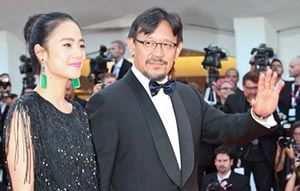 Brilliant future expected for Chinese cinema: interview
Brilliant future expected for Chinese cinema: interview
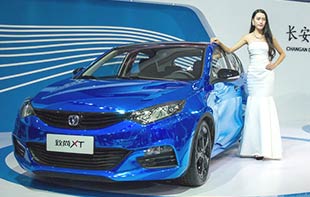 Chang'an launches Eado XT at Chengdu Motor Show
Chang'an launches Eado XT at Chengdu Motor Show
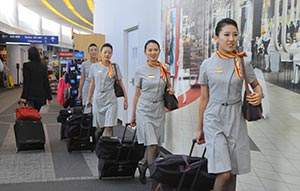 Hainan Airlines makes maiden flight to Chicago
Hainan Airlines makes maiden flight to Chicago
 Highlights of 2013 Chengdu Motor Show
Highlights of 2013 Chengdu Motor Show
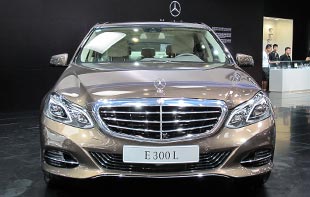 New Mercedes E-Class China debut at Chengdu Motor Show
New Mercedes E-Class China debut at Chengdu Motor Show
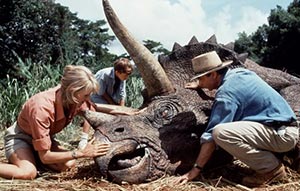 'Jurassic Park 3D' remains atop Chinese box office
'Jurassic Park 3D' remains atop Chinese box office
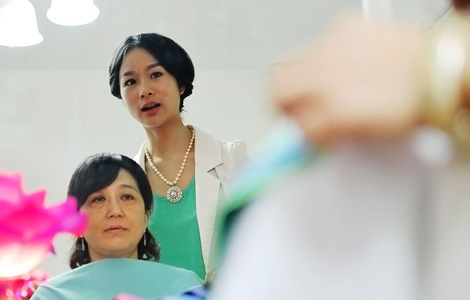 Beauty reveals secrets of fashion consultant
Beauty reveals secrets of fashion consultant